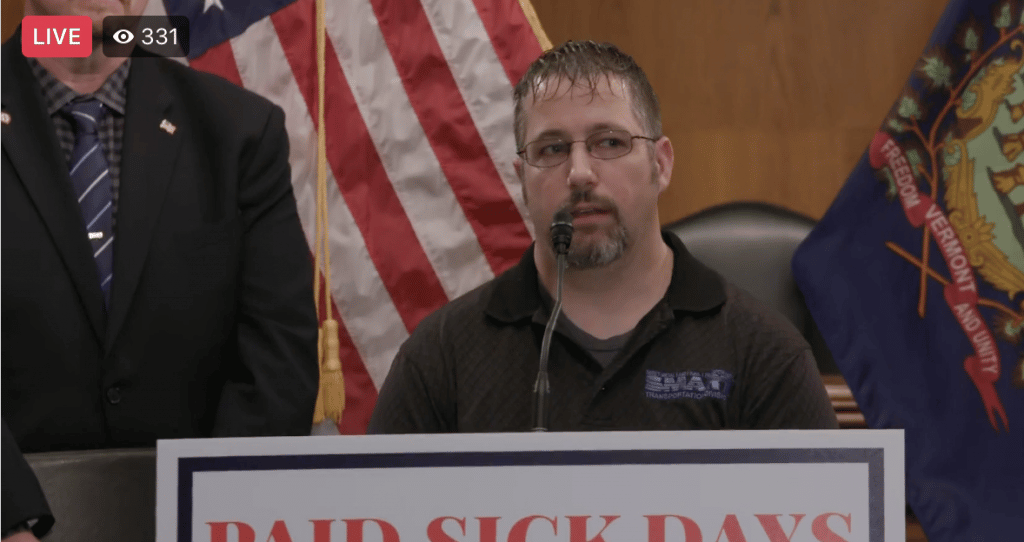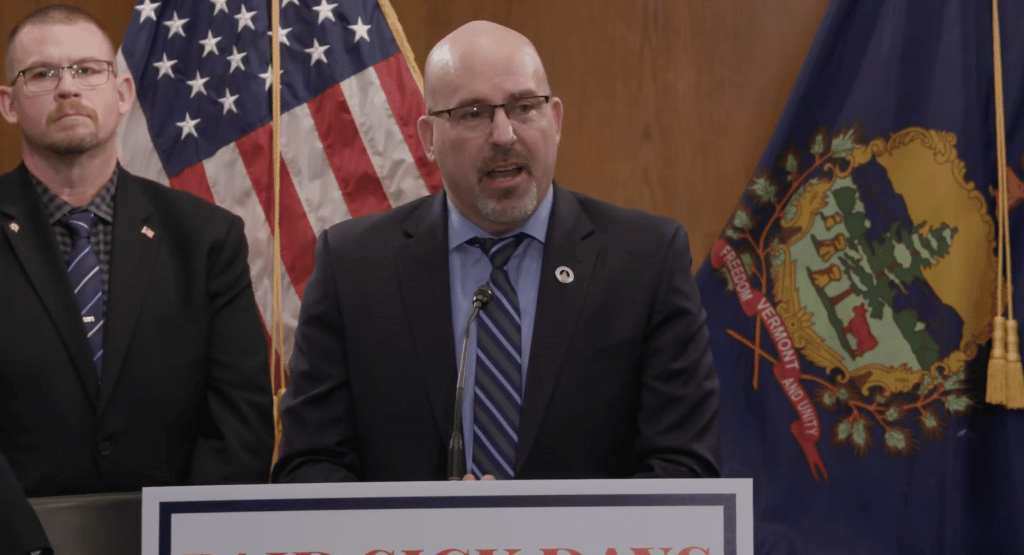SMART Transportation Division members represented by GO-953 who work on Union Pacific’s Eastern District, Pacific Northwest, and Idaho Territories ratified a crew-consist agreement that preserves the in-cab conductor position that had been at the center of a court battle and targeted by the carrier for transfer to a nomadic “expediter” role.
The three crafts participating in the vote approved the new contract with more than two-thirds (68.16% aggregate) voting in favor of ratification.
The ratified contract provides for:
- A $27,500 signing bonus upon the contract’s ratification.
- Continues to require the conductor’s position as being based in the cab of the locomotive.
- 30 years of protections for brakemen/switchmen who have assignments abolished.
- Continued use of brakemen/switchmen as needed.
- No rules changes regarding switching between road and yard crews
- Additional pay for assigned road and yard service performed with a reduced crew.
- Expanded utility position that is paid $50.00 per hour and has a set schedule.
- Overtime in pool freight.
General Chairperson Luke Edington of Local 286 (North Platte, Neb.) negotiated the successful agreement with assistance from Vice General Chairperson Zach Nagy and Vice President Brent Leonard.
“This was a challenging process, but the result is a contract that our members found to be to their satisfaction,” Edington said. “The conductor’s role is preserved at least until the next round of Section 6 notices in 2024.”
SMART-TD Vice President Brent Leonard had this reaction to ratification of GO-953’s agreement: “This agreement serves to protect the train & yard service crafts and ensures these crafts as the crafts of the future. SMART-TD is the only transportation craft with agreements protecting their position now and into the future and does so without tying their position to that of another craft. Despite the efforts of outsiders who tried to prevent train & yardmen from becoming the highest-paid railroad craft employees, SMART-TD members recognized their value and secured their future. I commend the SMART-TD members for recognizing this and overwhelmingly ratifying the agreement. SMART-TD will continue to lead and secure the future for our members.”
When GC Edington made the vote count known, SMART-TD President Jeremy Ferguson reacted by saying, “I am very pleased by the membership’s decision to ratify this agreement that all of the involved SMART-TD officers worked so diligently on making the best possible agreement we can all be proud of, while securing our member’s future. All of their hard work proves why we’re the biggest, the best and the first. Failure of the agreement would have led to a reopening of mediation over the carrier’s prior Section 6 notice and exposed the conductor’s position to the potential ‘redeployment’ that Union Pacific had sought.”
GO-953 has members in 48 TD locals and represents workers in Union Pacific’s Eastern, Pacific Northwest and Idaho territories (former Chicago-Northwestern Railway Co.), Kyle, Nebraska Central and Portland Terminal railroads and the Wichita Terminal Association.

